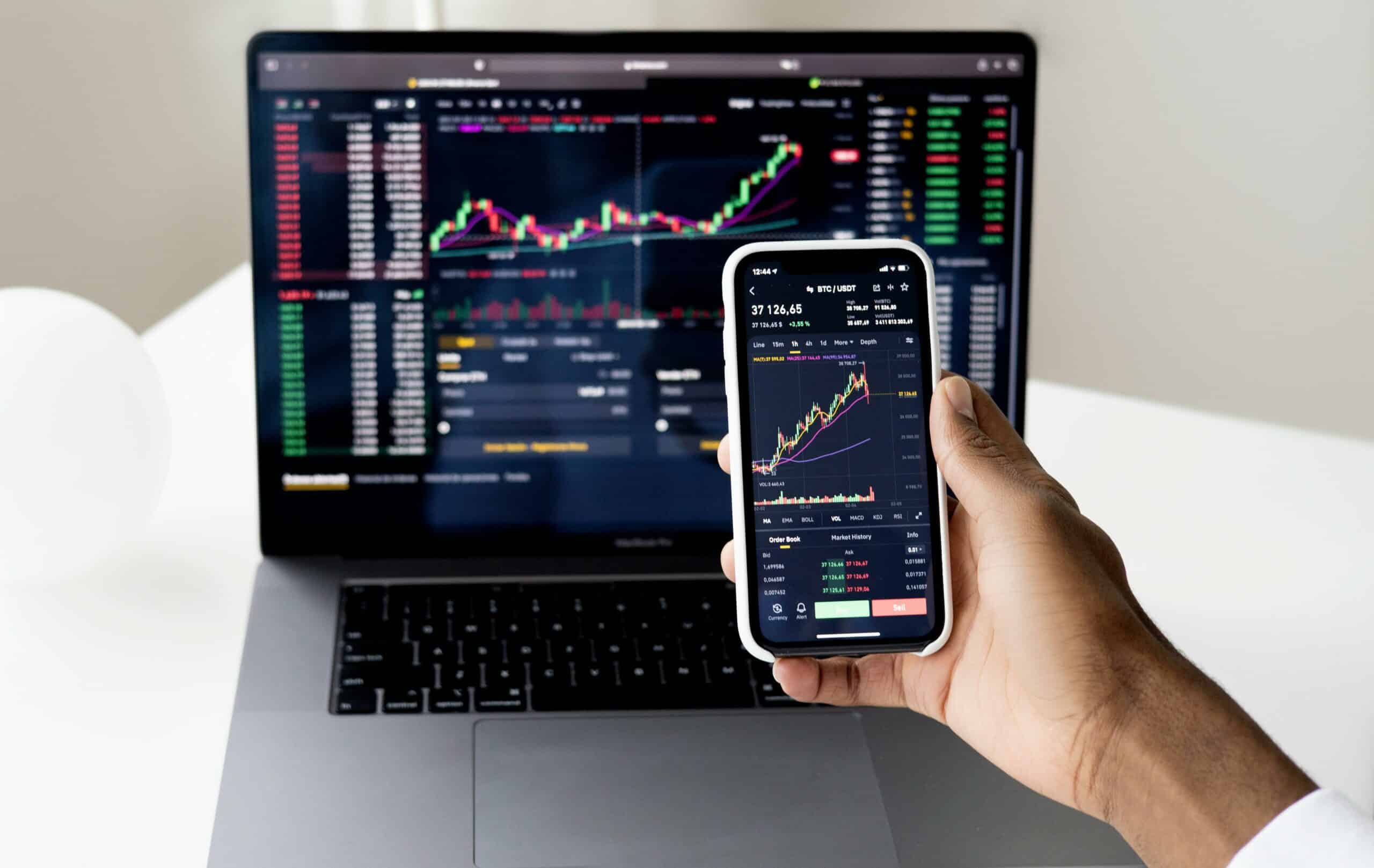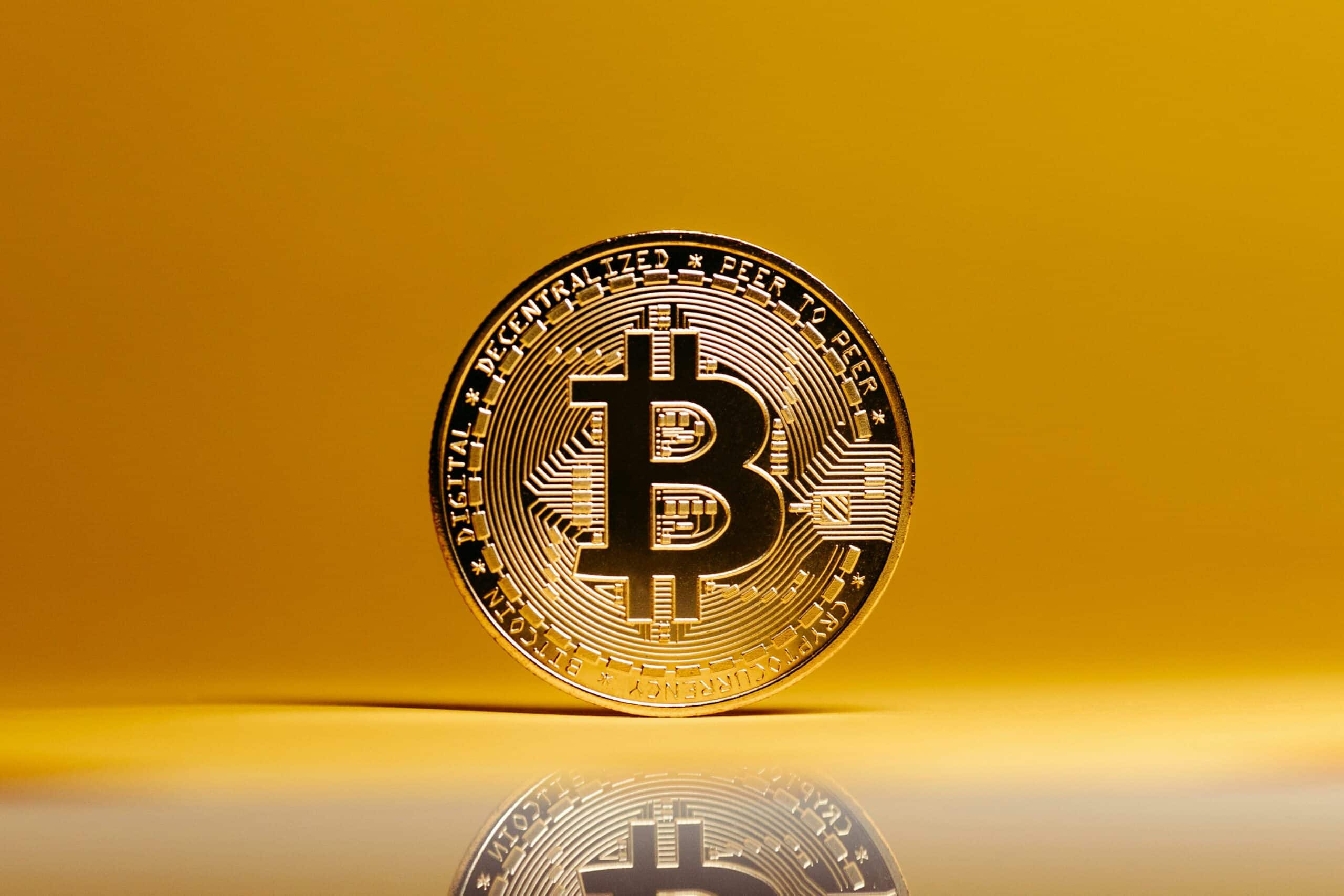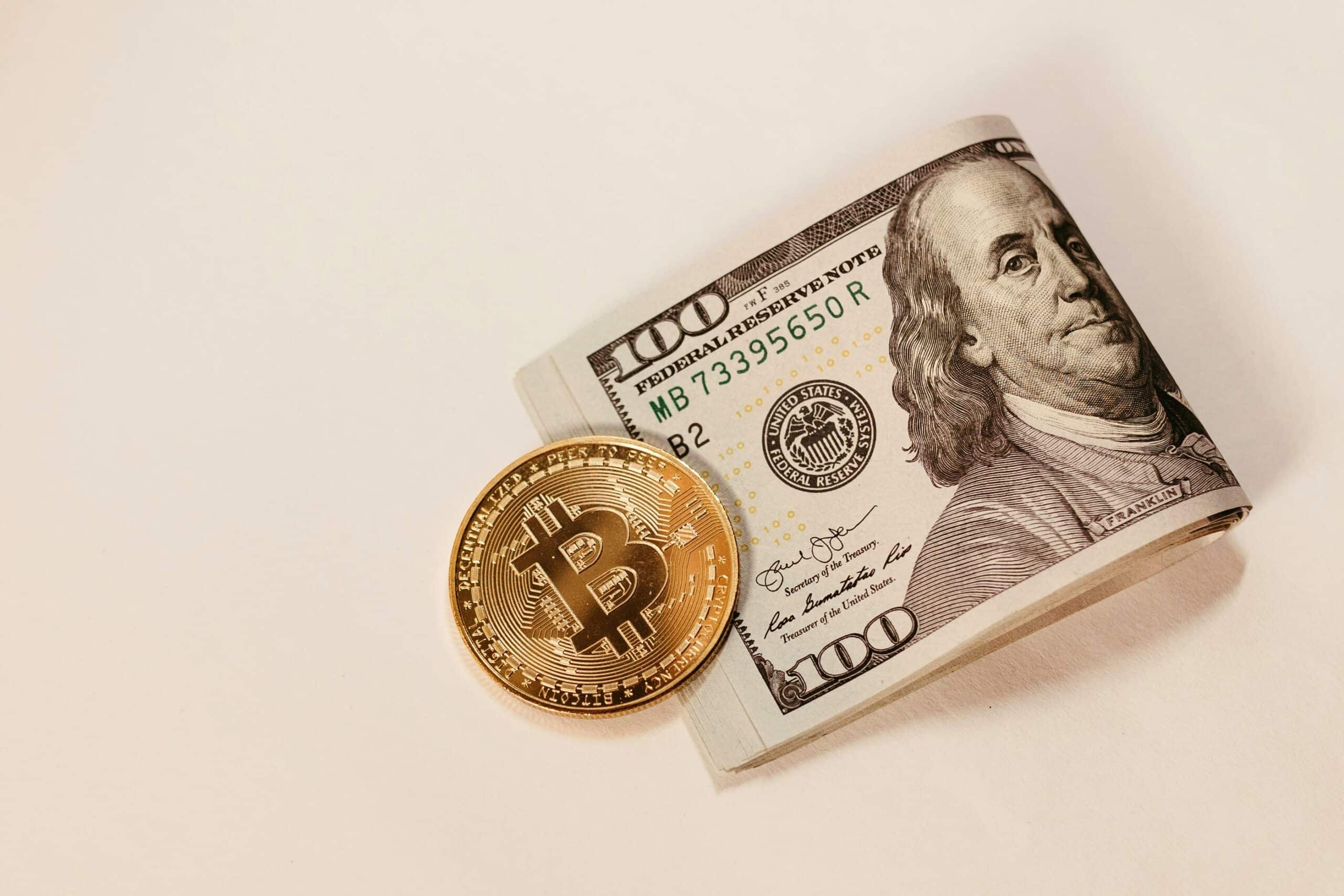Cryptocurrencies can be bought and sold on exchanges just like stocks or any other financial asset. Cryptocurrency exchanges offer a convenient and secure way to invest in digital currency. From a reputable exchange, you can use fiat currency as well as other digital assets to buy and sell an array of cryptocurrencies. Trades are processed quickly, allowing traders to react swiftly to market movements. In addition, these exchanges provide an array of security features and safe storage options for your digital wallet that can be far more effective than relying on your own setup. It pays to research available exchanges thoroughly before committing – as it’s important to choose one with a good reputation that demonstrates a commitment to safety and customer service
Table of Contents
Different types of crypto exchanges

There are three distinct types of crypto exchanges:
- Centralized exchanges
- Decentralized exchanges
- Hybrid exchanges
Centralized exchanges
A centralized exchange, also known as a traditional cryptocurrency exchange, is an important platform for trading cryptocurrencies. Centralized exchanges enable customers to trade digital currencies by exchanging fiat-to-crypto or crypto-to-crypto and are managed and run by a centralized organization. Centralized exchanges offer users the convenience of high liquidity and fast transaction speeds.
Decentralized exchanges
A decentralized exchange (DEX) is a completely different kind of platform that facilitates the trading of cryptocurrencies. Unlike centralized exchanges, DEXs don’t rely on a third party service to hold customer funds. Instead, DEXs provide a platform for users to trade directly with each other. This can be done via peer-to-peer trading or on a more automated basis using smart contracts. As such, these services use blockchain technology to both guarantee security when transferring cryptocurrencies and allow for direct trade orders through a platform that connects buyers and sellers. For this purpose, most DEXs depend upon Ethereum’s blockchain to execute their services.
Hybrid exchanges
A hybrid exchange combines the features of centralized and decentralized exchanges. Hybrid cryptocurrency exchanges offer users the best of both worlds when it comes to trading securely and quickly. Smart contracts used on these platforms ensure that a third party is not solely responsible for managing and processing trades. Furthermore, hybrid exchanges boast the low latency speeds and fast transactions of centralized platforms coupled with the security of decentralized exchanges. Therefore, if you’re searching for a cryptocurrency exchange platform that offers convenience and reliability? Hybrid cryptocurrency exchanges may be the best choice for your investments.
How does a crypto exchange make money?

A crypto exchange makes money in a number of ways. Most commonly, exchanges charge trading fees to list and trade cryptocurrencies on their platform. These fees may take the form of a membership fee or an ongoing percentage of each transaction made on the exchange.
When buying and selling crypto on crypto exchanges, you may come across terms like maker fees and taker fees. Put simply, makers are users who add orders to the exchange’s order book (increasing the amount of liquidity available), and takers are those whose orders are taken from this order book (consuming liquidity). In either case, crypto exchanges will charge a fee for their services – which is known as maker/taker fees. Of course, it’s important to understand that these charges apply whether you’re buying crypto or selling crypto. Being aware of these fees can help inform your trading decisions!
What is crypto staking?
Staking crypto can be a great way to generate extra income, however, it is not without risks. Staking refers to a process by which users ‘stake’ their crypto on a blockchain to validate transactions and earn additional coins in the process. However, there are certain security risks associated with staking crypto, especially if you store your crypto assets on an exchange or other third-party platform.
Common risks associated with staking include slashing and price depreciation. Slashing can occur when validators are punished by the network for behaving abnormally, possibly due to technical problems or human error. Crypto price depreciation poses another risk as crypto prices are known to fluctuate; locking up crypto at one price but then gaining returns at a much lower price is not uncommon. Recognizing these potential risks, it’s important that participants chose reputable crypto exchanges like Binance or Coinbase to ensure their funds are safe.
Common cryptocurrency exchange questions
Which crypto exchange is most used?
Some popular exchanges include the aforementioned Binance and Coinbase. But there are many other platforms that may be more suitable depending on your trading needs and preferences. Other crypto exchanges like Kraken, XT, and BitMart are also very popular due to their trading volume, available cryptocurrencies, customer support, and security features. Doing your own research on the best crypto exchanges is a great way to find one that aligns with your trading goals and preferences.
What are the most common cryptocurrency trading mistakes?
One of the most common mistakes in crypto trading is buying cryptocurrencies at the wrong time, or selling them at the wrong time. This can be due to a number of different factors, such as market trends, FUD/FOMO sentiments, and overall price volatility. Another common mistake is storing your cryptocurrency assets on an unreliable exchange platform or third-party platform, which can put your funds at risk of theft or loss. To avoid these mistakes and others, it’s important to do your research on crypto exchanges and choose one that has the features and security you need to make smart trading decisions.
Is it better to hold crypto in a wallet or exchange?
There is no definitive answer to this question, as it depends on a number of different factors. Some crypto traders prefer to hold their crypto in wallets, as this can give them more control over their assets and provide greater security against possible hacks or other risks. However, there are also benefits to storing your crypto on a trading platform, such as the ability to quickly trade your assets and access a broader range of trading tools as well as avail yourself of staking opportunities. Ultimately, the best approach will depend on your preferences, trading goals, and risk tolerance.
Final thoughts
As the popularity of cryptocurrencies continues to grow, so too does the need for reliable platforms on which to trade and store these assets. Whether you’re interested in staking cryptocurrencies, trading crypto on a reputable exchange, or simply storing your funds in a crypto exchange account for the long term, it’s important to choose a platform that aligns with your needs and preferences. Do your research, stay informed, and make smart decisions when it comes to all things crypto!














